Nature reports
Page 18 of 68 - 678 Results
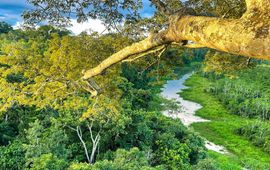
In certain areas in the Amazon, forests that were altered by humans during the past several hundred years may contain higher abundances of plant species that are more resilient to modern fire or drought events. ..
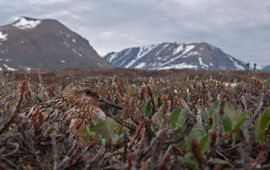
Sanderlings are having an increasingly difficult time on their breeding grounds in Greenland. This is not always because climate change is causing spring to start earlier and earlier there – as is often assumed – but rather..
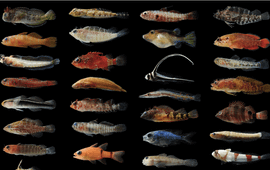
A collaborative study, led by the University of Texas at Austin, deployed 102 specialized fish monitoring structures across six locations, including the deep reefs of Curacao. The goal of this study was to identify a standardized..
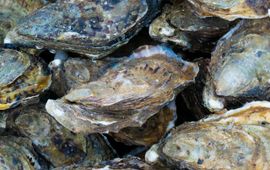
A new study led by Wageningen University and Research investigates the swimming and settlement behavior of coral and oyster larvae. Understanding what factors facilitate larvae settlement will guide future conservation efforts to..
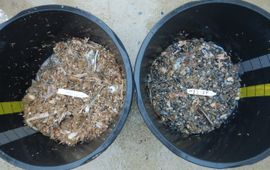
The Netherlands extracts a lot of sand from the North Sea for all kinds of purposes. However, more and more sand has to be extracted, which means that sand extraction pits have to be dug ever deeper. Previously up to about two..

A new model clarifies why millions of years ago more animal species from Asia made the leap to the Australian continent than the other way around: the climate in which the species evolved played an important role. This study was..
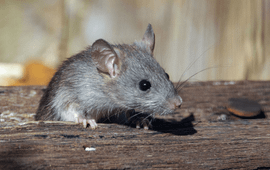
Rats have become a significant issue for the Dutch Caribbean islands. In addition to being disease vectors, these island invaders can also dramatically upset the delicate ecological balance on the islands by devouring bird eggs,..
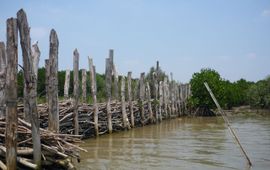
Along the northern coast of Java, Indonesia, relative sea level rises at an alarming rate due to land subsidence. This has tremendous effects on people and mangrove forests along the coast. Over the past four years Celine van..
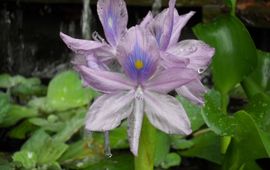
A free floating aquatic plant, water hyacinth, is becoming a significant issue for the islands of Aruba and Curaçao. This plant can negatively impact ecosystems by obstructing sunlight, depleting oxygen levels, disrupting water..
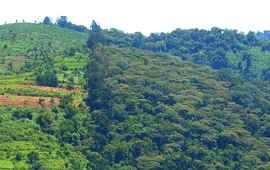
Tropical mammals living inside protected areas are affected by human activity, even when this activity occurs outside of the protected range. That is the conclusion of a new, international study across 16 tropical forests. ..
